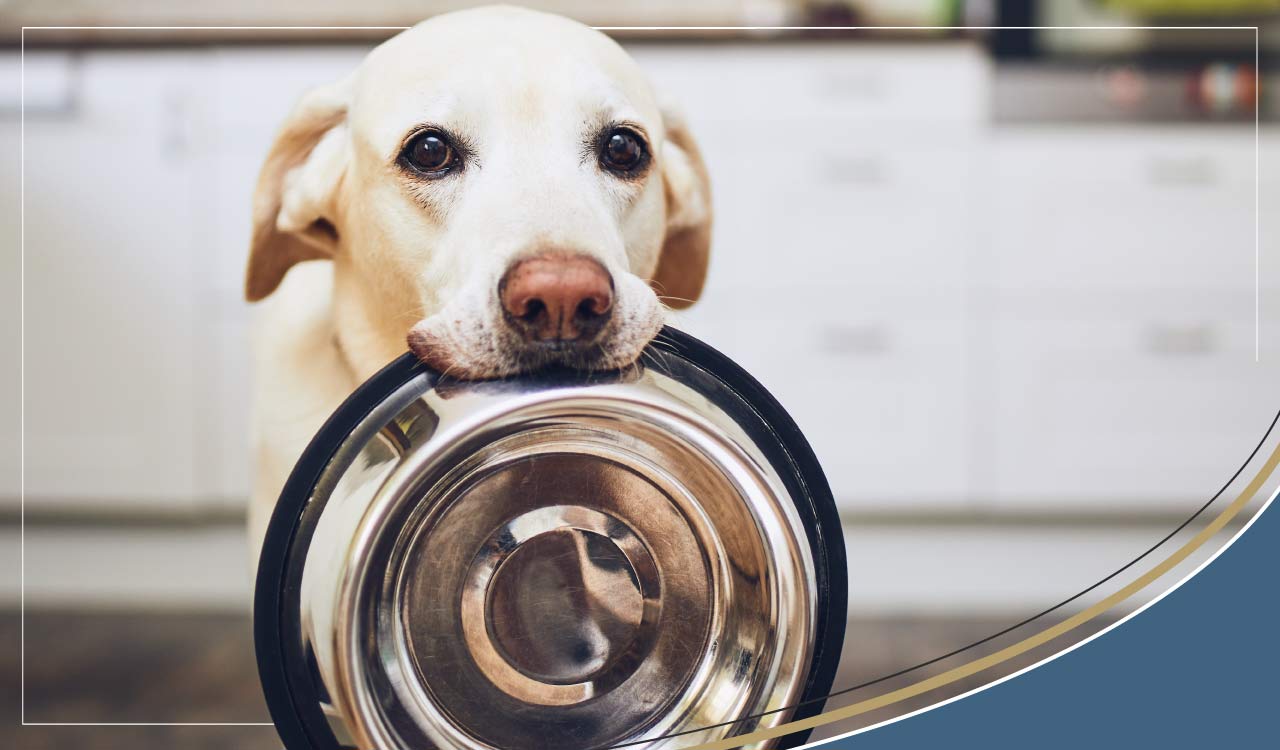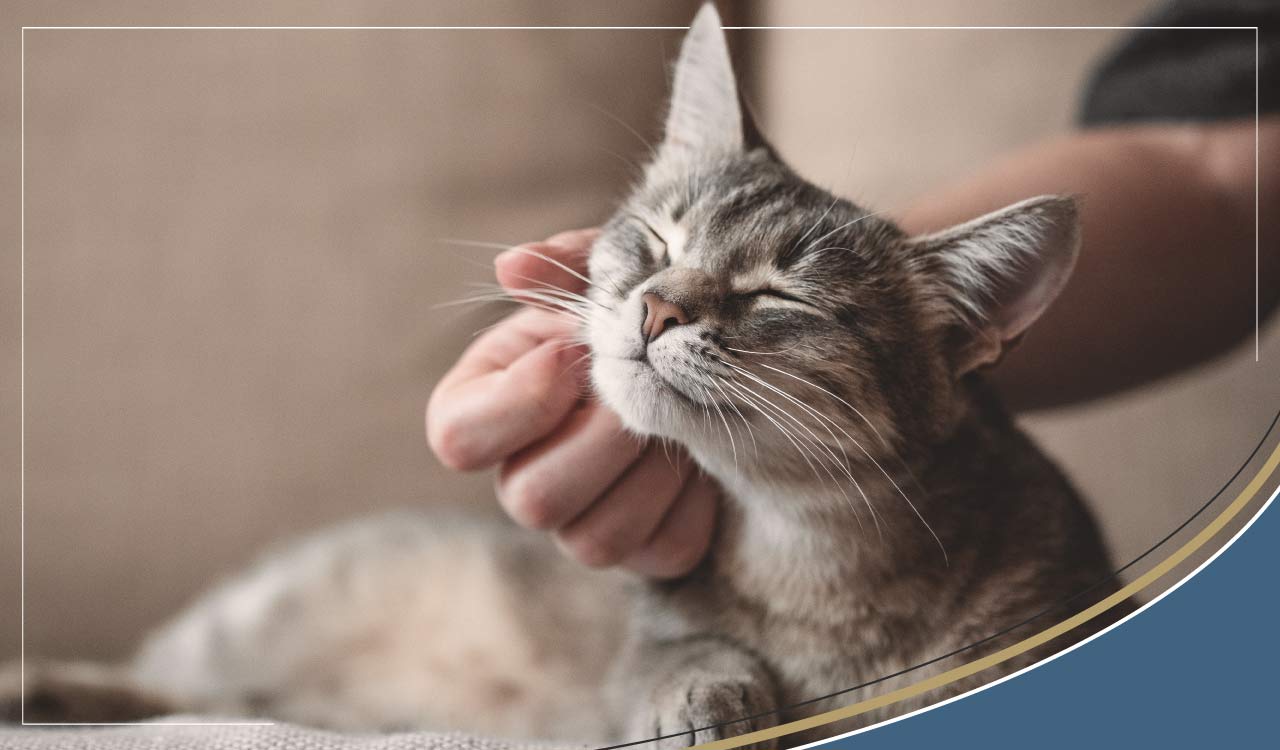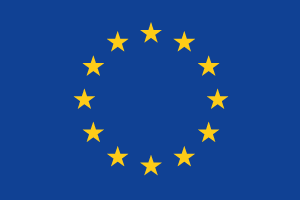Dogs are often described as 'mans best friend', but how important are pets for our own health?

Therapeutic Pets
As discussed in previous articles it is clear how much benefit animals can bestow on those around them. One of the most moving, in many ways, is the use of them as therapy for those struggling, in one way or another, with life's vicissitudes. Those with suitable animals are encouraged to bring them into various settings such as special schools, prisons, hospitals and hospices and residential and nursing homes to enrich the lives of those in such places. Huge benefits can thereby be seen.
Both in emotional and physical terms, depending on the needs of the person, dogs and cats can bring great improvements in wellbeing and enrich lives. For example, a person living in a residential home might have kept pets all their life but have had to relinquish their furry friend upon entering the home. It is well known and acknowledged by the medical profession that stroking and handling a pet can lower blood pressure and many staff welcome and enjoy witnessing the enhancement such encounters bring. Looking forward to the pet's visit gives a focus to lives that might be otherwise impoverished and mutual enjoyment of the animal builds the sense of community. In a sense also mascot dogs in the forces are supplying a therapy role for those who are in stressful and combative situations. Those with cognitive issues often find the world closes down and an animal provides stimulus and a topic of conversation to stimulate the mental faculties.
Sometimes such visits are informal; sometimes there is a more structured approach in organising ways in which pet and resident interact. Some people want to be "hands on" (literally!) and others might be happier just watching or speaking to the dog. A smaller dog or cat can happily sit on a lap so all visits are different.
Potential canine or feline visitors have to undergo a rigorous and stringent test of temperament and health. Breed is immaterial but the animal must be calm, reliable in all situations, happy with strange noises, sights and smells and well trained and socialised. Whilst a paw landing on your lap or leg might be endearing it can also be quite frightening to a vulnerable individual and all animals chosen must display good manners at all times. They must show no guarding or possessive traits with toys or food and be relaxed with slightly rough treatment from less dextrous residents.
Many years ago the Quaker movement recognised the help dogs can give and encouraged patients being treated for mental issues to care for a pet, to inculcate a sense of responsibility and pride in them.
More recently, Nancy Stanley has been an advocate for using animals to help and support people in various ways. She was the founder, in the 1980s, of "Tender Loving Zoo", which introduced dogs to schoolchildren. Her work came to the attention of Ronald Reagan and his wife, Nancy, who became great supporters of her work.
A good friend of mine and her lovely collie, Mollie, have become regular Pets as Therapy volunteers. When the lady acquired Mollie as a rescue, she had been well socialised and the rescue thought she would make an ideal therapy dog. How right they were. Mollie is a delight. My friend applied, Mollie was tested and passed. Identification badge and dog tag for both owner and collie respectively followed and a list of potential venues that welcome therapy dogs was sent. My friend chose a residential home fairly local to her and a trial visit was arranged. My friend talks of the impact Mollie has on the residents and staff alike. "There is great anticipation on 'Mollie days' and the minute she comes into the room faces light up. Residents can be brought out their shells by the dog. She dries tears and gives unconditional love." Mollie also seems to gain from the interaction and wags enthusiastically when she arrives at the home. She also helps two children with behavioural issues. They have taken her in dog shows and gain a great sense of achievement thereby. They are also learning about dog health and training in preparation for getting their own dog later on. My friend says she feels a sense of pleasure in being able to share Mollie with those who obviously derive so much benefit from her.
Dogs and man have had a long symbiotic relationship but although they and cats are perhaps the most commonly used therapy animals, others are also used and smaller animals such as guinea pigs can give comfort. One facility even mentions having a large spider as a visitor, although, as an arachnophobe myself, that certainly wouldn't be my first choice. One very interesting lady in Yorkshire takes her miniature horse visiting. Katy Smith started her Therapy five years ago. After a bad riding accident had meant she had to stop her physically demanding job, she still wanted to help others and loved horses.
Her first therapy assignment was a Darlington care home where her father had been cared for. Wanting to thank the home she thought of taking her pony to meet the residents. Although ideal in temperament, this animal was too large to fit in a lift! So Katy started with American Miniature Horses. Her first, a 28" high skewbald, was Mr P. He was first acclimatised to Katy's home and then got used to going into such establishments as shops and pubs.
The team now comprises five horses. Digby is the most recent recruit and Katy hopes to add Guide Horse work to his therapy skills. She has a great love for and admiration of her animals and cites one lovely example with which to end this article. Wish Upon a Star (or Wish as she is known) is so empathetic to those facing the end of life that she puts her head into the crook of their arm, stands motionless and breathes quietly in time with the person. She closes her eyes and has a magically calming effect, helping both the person dying and their family to gain a measure of peace at the end. What more can we ask of our animals?
If you are interested in learning more about Katy's work her website is klponytherapy.co.uk My thanks to her and my good friend who is the proud owner of Mollie. Without their help this article couldn't have been written.
 Free Royal Mail 24 Tracked Delivery - Spend £10+
Free Royal Mail 24 Tracked Delivery - Spend £10+
 Support 01904 789559 - 20+ Years Expertise
Support 01904 789559 - 20+ Years Expertise
 Rated 5 out of 5 on Trustpilot
Rated 5 out of 5 on Trustpilot
















